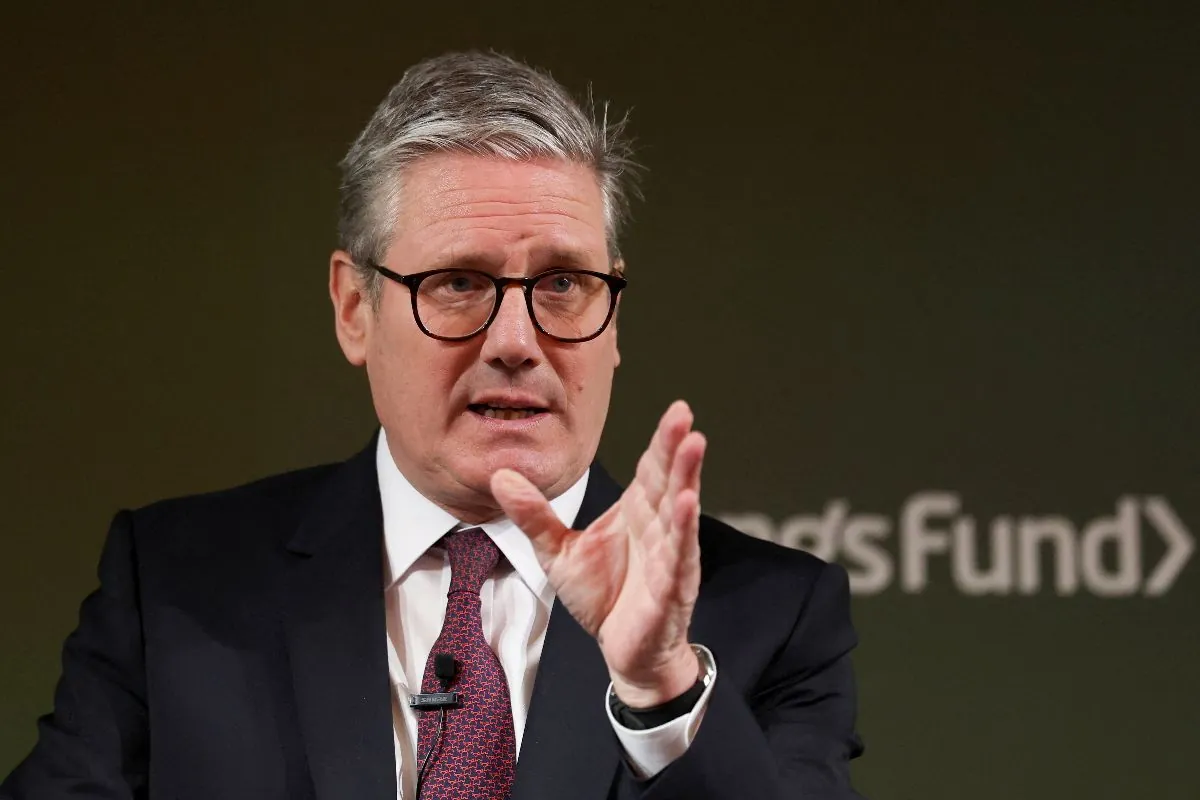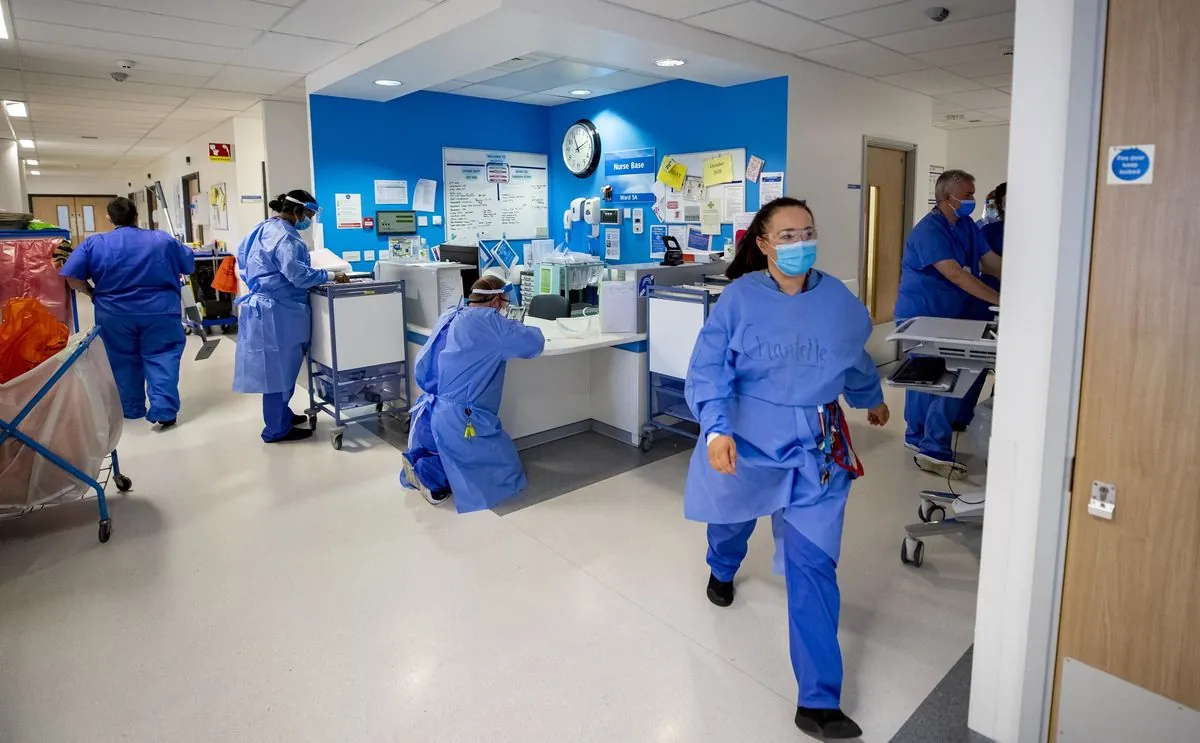Starmer Unveils 10-Year NHS Reform Plan, Prioritizing Change Over Funding
UK PM Keir Starmer announces a decade-long strategy to overhaul the NHS, emphasizing reform before increased funding. The plan aims to address critical issues highlighted in a recent damning report on the health service's condition.

Keir Starmer, the UK Prime Minister, has unveiled a ambitious 10-year plan to reform the National Health Service (NHS), emphasizing the need for substantial changes before any increase in funding. This announcement comes in response to a critical report highlighting the dire state of the health service.
The NHS, established in 1948 as part of post-World War II social reforms, has been facing significant challenges in recent years. These include the lingering effects of the COVID-19 pandemic, extensive backlogs for elective procedures, and ongoing industrial action. As the fifth largest employer globally with over 1.3 million staff, the NHS has been struggling to cope with the increasing demands of an aging population and the rising costs of medical technology.
Starmer stated, "Working people can't afford to pay more, so it's reform or die." He acknowledged that the proposed changes would not be universally popular but emphasized their necessity for the long-term sustainability of the health service.

The Prime Minister's speech, while light on specific details, outlined key focus areas for the reform:
- Transitioning the NHS from analog to digital systems
- Increasing community-based care
- Emphasizing preventive healthcare measures
These priorities align with the NHS's ongoing efforts to adopt digital technologies, including electronic health records and telemedicine, which have gained momentum in recent years.
A report by surgeon Ara Darzi, who sits in the House of Lords, provided a stark assessment of the NHS's condition. It revealed that the health service entered the COVID-19 pandemic in 2020 with resilience at an "all-time low" due to a decade of underinvestment and confusing top-down reorganizations.
Starmer also highlighted the economic impact of poor public health, noting that 2.8 million people in the UK are economically inactive due to long-term illness. This situation underscores the interconnectedness of healthcare and economic productivity.
The Conservative Party, now in opposition, agreed with the need to combine investment with reform but criticized Starmer's speech for lacking concrete plans. Victoria Atkins, the party's health policy chief, stated, "They need to move from rhetoric to action."
As the NHS approaches its 76th anniversary, it faces unprecedented challenges. Despite being ranked the best healthcare system among 11 wealthy countries in a 2017 study, it now grapples with severe staffing shortages, long waiting times, and the ongoing impact of Brexit on its workforce.
The success of Starmer's proposed reforms will be crucial in determining the future of this beloved institution, which deals with over 1 million patients every 36 hours. As the NHS strives to become the world's first net-zero national health service by 2040, the coming years will be critical in shaping its ability to meet the evolving healthcare needs of the UK population.
"Only fundamental reform and a plan for the long term can turn around the NHS and build a healthy society. That won't be easy, it won't be quick. It will take a 10-year plan."


































